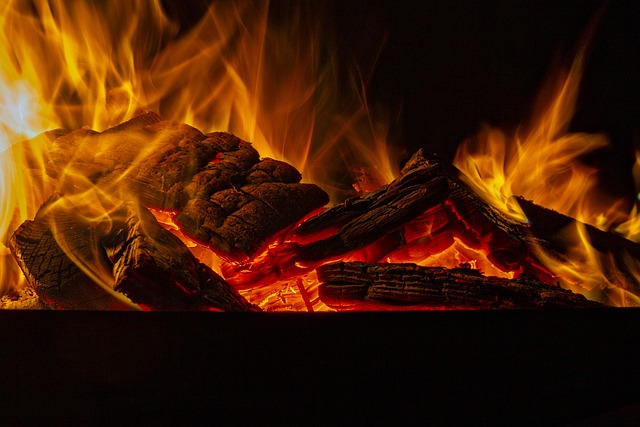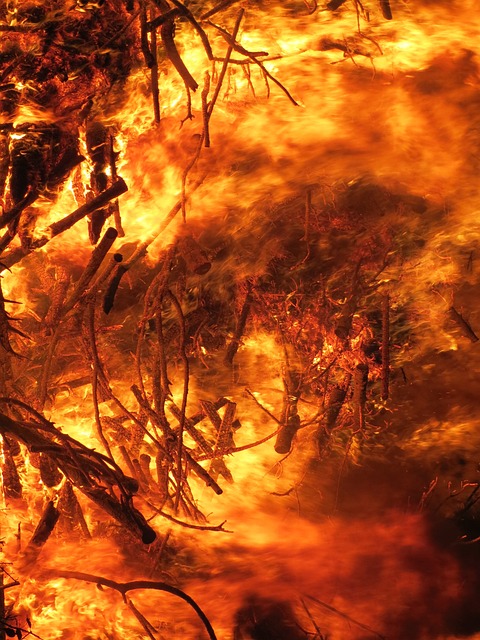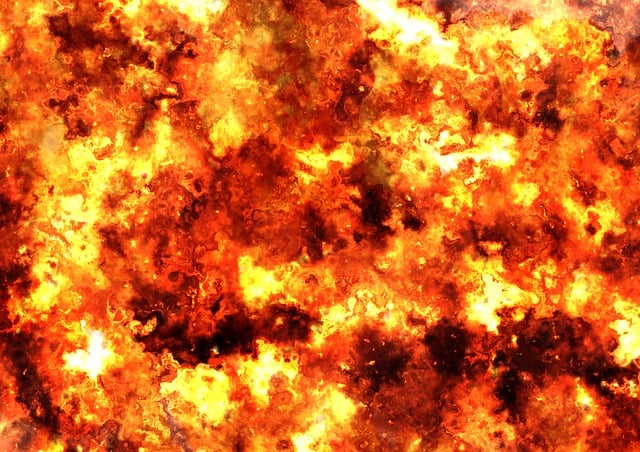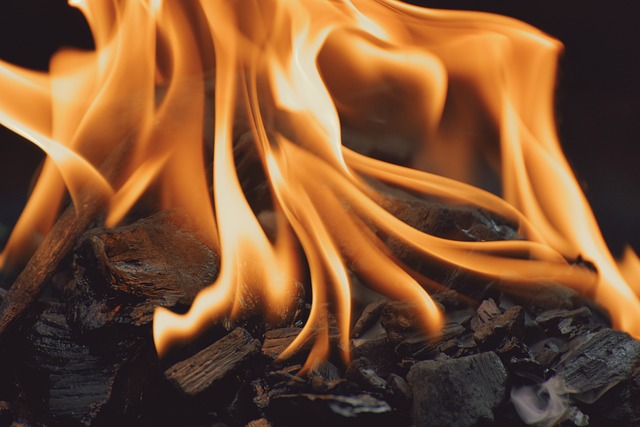In Illinois, especially when selling a fire-damaged home in Chicago, strict property disclosure laws are crucial for transparency. These laws mandate revealing material defects, including structural issues, plumbing/electrical problems, and environmental hazards from fire damage. Sellers must disclose the extent of damage, completed/required repairs, and potential health risks to prevent legal troubles. Buyers should inspect the property and consider renovation costs. Adhering to these regulations facilitates swift and transparent transactions for selling a fire-damaged house fast in Chicago.
In Illinois, property disclosure laws play a crucial role in ensuring transparency during real estate transactions. This comprehensive guide navigates the intricacies of these laws, with a specific focus on fire damage disclosures. Understanding what constitutes fire damage and the legal obligations of sellers is essential, especially when buying or selling a home in Chicago. Learn about potential consequences of non-compliance and your rights when purchasing a fire-damaged property, as well as strategies for swiftly and legitimately selling your fire-damaged house in Chicago.
- Understanding Illinois Property Disclosure Laws
- What Constitutes Fire Damage for Legal Purposes?
- Obligations of Sellers Disclosing Fire Damage in Chicago
- Potential Consequences of Non-Compliance
- Buying a Fire-Damaged Home: Rights and Protections
- Selling Your Fire-Damaged House Fast Legitimately
Understanding Illinois Property Disclosure Laws

In the state of Illinois, selling a property, especially a fire-damaged home in Chicago, comes with specific legal obligations known as property disclosure laws. These laws are designed to ensure transparency and inform potential buyers about any known issues or defects associated with the property they intend to purchase. Understanding these regulations is crucial for both sellers and buyers alike when looking to sell fire damaged houses fast in Chicago.
The primary goal of Illinois’ property disclosure laws is to prevent fraud and protect consumers. Sellers must disclose any material defects, including those related to structural integrity, plumbing, electrical systems, and known environmental hazards. For a fire-damaged home, this could include information about the extent of the damage, repairs made or needed, and any potential health risks associated with the property. Buyers are entitled to make informed decisions by receiving accurate and honest disclosures, which can help them avoid costly surprises after purchasing the property.
What Constitutes Fire Damage for Legal Purposes?
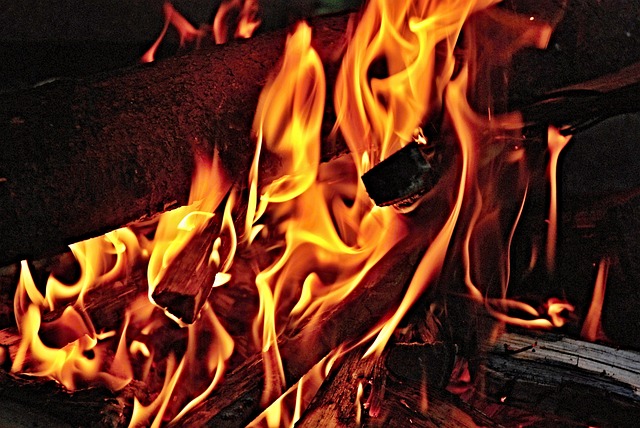
When it comes to Illinois property disclosure laws, understanding what constitutes fire damage is crucial for both sellers and buyers looking to sell or purchase a home in Chicago. For legal purposes, fire damage extends beyond just charred walls and melted fixtures. It includes any structural damage caused by a fire, as well as the potential for hidden issues that could arise post-fire. This might encompass weakened floors or ceilings that require significant repairs, damaged electrical systems, or even water damage from fire suppression efforts.
In the context of selling a fire-damaged house fast in Chicago, it’s essential to disclose these issues accurately. Sellers must provide detailed information about the extent of the fire damage and any subsequent renovations or repairs conducted. Buyers, on the other hand, should thoroughly inspect the property and consider whether they can afford the necessary repairs or if it would be more beneficial to sell or renovate later. This transparency is key in ensuring a smooth transaction and mitigating potential legal issues related to undisclosed fire damage.
Obligations of Sellers Disclosing Fire Damage in Chicago

When selling a property, especially a home that has experienced fire damage in Chicago, sellers have legal obligations to disclose relevant information to potential buyers. In Illinois, sellers must provide accurate and detailed disclosures about any significant issues affecting the property’s condition. Fire damage is considered a material fact that can impact a buyer’s decision, so it’s crucial to be transparent.
In the case of selling a fire-damaged house fast Chicago, the seller should assess the extent of the damage and its potential impact on the structure. If the damage is limited to specific areas or if repairs are feasible, sellers must still disclose this information. Buyers have the right to know about any past or ongoing issues that could affect their investment, ensuring a level of transparency that allows informed decisions.
Potential Consequences of Non-Compliance
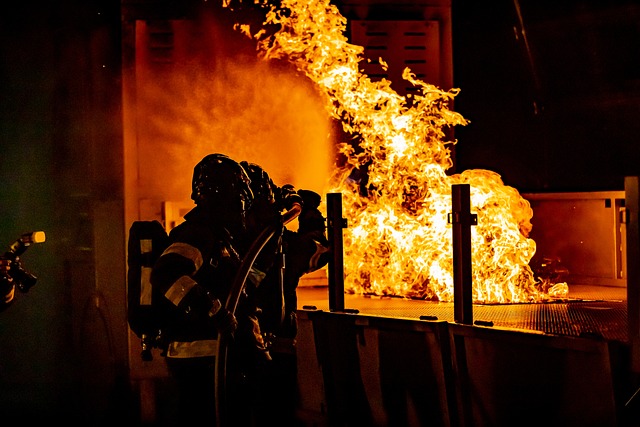
In Illinois, failing to comply with property disclosure laws can lead to severe consequences for sellers and real estate agents. One of the most common issues is the risk of legal disputes with buyers who discover undisclosed defects post-purchase. This can result in costly litigation, where buyers may seek damages or even attempt to rescind the sale, particularly if there are issues like fire damage. For those looking to sell a fire damaged house fast in Chicago, adhering to disclosure requirements is paramount. Non-compliance may expose you to financial losses and legal repercussions, making it crucial to understand and follow these laws to ensure a smooth transaction process.
Buying a Fire-Damaged Home: Rights and Protections
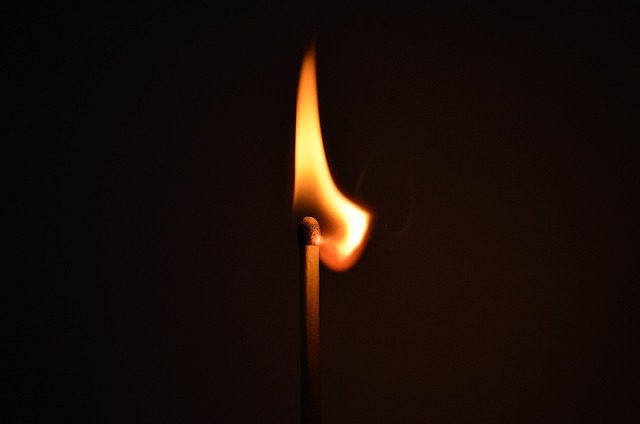
When considering buying a fire-damaged home in Chicago, it’s crucial to understand your rights and protections under Illinois property disclosure laws. If a home has sustained significant damage from a fire, the seller is legally required to disclose this information to potential buyers. This includes details about the extent of the damage, any structural issues, and if the property was insured or not. Failure to disclose such material facts can lead to legal repercussions for the seller.
Buyers looking to purchase a fire-damaged house in Chicago have several protections. They have the right to conduct thorough inspections and obtain professional estimates for repairs. Additionally, they may be eligible for certain financial incentives or assistance programs designed to help with renovation costs. Understanding these rights is essential, especially when navigating the process of buying a fire-damaged property quickly. Selling a fire-damaged house fast in Chicago should involve transparency from the seller and informed decisions from the buyer, ensuring a smooth and legally compliant transaction.
Selling Your Fire-Damaged House Fast Legitimately

Selling a fire-damaged property in Chicago can be a challenging task, but with the right approach, it’s possible to navigate this process quickly and legitimately. The first step is to understand that transparency is key. Illinois has strict property disclosure laws, so potential buyers must be informed about any significant issues affecting the property, including fire damage. By disclosing these details upfront, you set a foundation of trust and can attract buyers who are prepared for the necessary repairs or renovations.
When selling your Chicago fire-damaged house fast, consider hiring a real estate professional experienced in such situations. They can guide you through the legal requirements, help with proper documentation, and market your property to a niche audience of investors or those looking for renovation projects. This specialized knowledge ensures that every aspect is handled correctly, allowing you to sell efficiently while adhering to local laws and regulations.
In conclusion, Illinois property disclosure laws play a crucial role in ensuring transparency during real estate transactions. Understanding what constitutes fire damage and the obligations of sellers is essential for both parties involved. Non-compliance can lead to significant consequences, but buyers have rights and protections when purchasing a fire-damaged home. For those looking to sell their fire-damaged properties in Chicago quickly, legitimate methods are available that adhere to legal requirements, making it possible to navigate this process efficiently while protecting all stakeholders.
